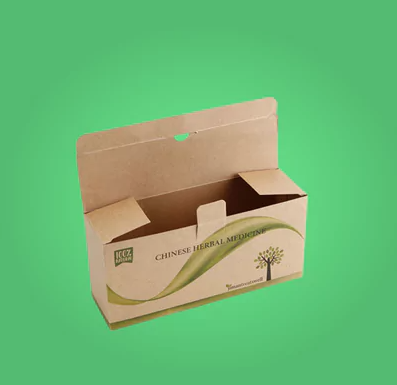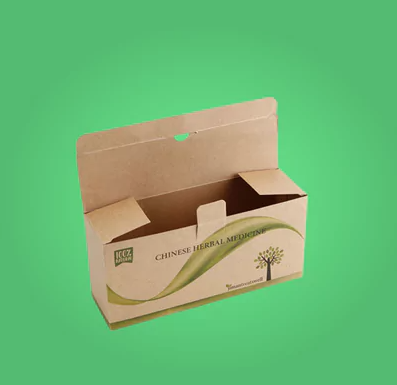In a world grappling with the consequences of waste overload, the quest for sustainable waste management solutions has intensified. Compostable products, designed to break down into nutrient-rich compost, offer a beacon of hope, diverting organic waste from landfills and fostering a circular economy. This comprehensive guide explores the multifaceted benefits of compostable products, delves into strategies for maximizing their impact, and highlights the pivotal role of consumer education and infrastructure development in unlocking their full potential.
The Power of Compostable Products: Transforming Waste into Resources
Compostable products, typically made from plant-based materials like cornstarch, sugarcane pulp (bagasse), or PLA (polylactic acid), offer a compelling alternative to conventional plastics and other non-compostable materials. Their ability to decompose into organic matter in composting environments presents a myriad of benefits:
- Landfill Diversion: Compostable products divert organic waste from landfills, reducing methane emissions, conserving landfill space, and mitigating the environmental hazards associated with waste accumulation.
- Soil Enrichment: When composted properly, these products break down into nutrient-rich compost, enhancing soil fertility, promoting plant growth, and reducing the need for synthetic fertilizers.
- Circular Economy: Compostable products support a circular economy by transforming waste into a valuable resource, closing the loop on resource consumption, and reducing our reliance on virgin materials.
- Reduced Carbon Footprint: The production of compostable products often requires less energy and emits fewer greenhouse gases compared to conventional plastic manufacturing.

Maximizing Impact: Strategies for Increasing Organics Diversion
To fully harness the potential of compostable products, a multifaceted approach is essential:
1. Source Wisely: Choosing the Right Compostable Products
Not all compostable products are created equal. Look for products certified by reputable organizations, such as the Biodegradable Products Institute (BPI), ensuring they meet stringent composting standards. Consider the specific composting infrastructure available in your area and choose products accordingly (e.g., industrial composting vs. backyard composting).
2. Infrastructure is Key: Expanding Access to Composting
The effectiveness of compostable products hinges on the availability of robust composting infrastructure. Investing in industrial composting facilities, expanding curbside composting programs, and promoting community composting initiatives are crucial steps in ensuring that compostable products are diverted from landfills and processed effectively.
3. Education and Awareness: Empowering Consumers to Make Informed Choices
Consumer education is paramount. Clear labeling, public awareness campaigns, and educational resources can help consumers understand the differences between compostable, recyclable, and conventional plastics, reducing contamination and promoting proper disposal. Highlight the environmental benefits of choosing compostable options and provide clear instructions on how to compost them correctly.
4. Collaboration and Partnerships: Fostering a Collective Effort
Transitioning to a circular economy requires collaboration across stakeholders. Businesses, governments, waste management companies, and consumers must work together to create a seamless system for the collection, processing, and utilization of compostable products.
Case Studies: Compostable Products in Action
Numerous businesses are embracing compostable packaging solutions, demonstrating their commitment to sustainability and inspiring others to follow suit:
| Company | Product | Impact |
|---|---|---|
| Otarapack.com | Sea Shell Shape Molded Fiber Natural Bagasse Packaging | Provides a sustainable alternative to plastic packaging for food service and other industries, diverting organic waste from landfills and promoting a circular economy. |
| Otarapack.com | Eco Friendly Pulp Molding Skincare Packaging | Offers an eco-conscious packaging solution for the beauty industry, reducing plastic waste and promoting biodegradability. |
| Other Examples | Compostable coffee pods, cutlery, food containers, and agricultural films. | Reducing plastic pollution, diverting organic waste, and supporting sustainable practices across industries. |

